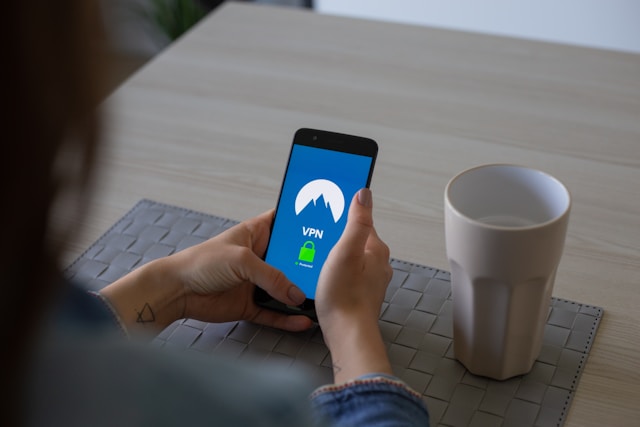Course 1: Introduction
Course 2: What Technology are YOU Using?
Course 3: Level of Experience
Course 4: Current Concerns with Security
Course 5: Browser Use and Safe Email Practices
Course 6: What is: Two-Factor Authentication (2FA)
Course 7: Typical Scams
Course 8: How to Determine if It Is a Scam
Course 9: Phone Security and Protecting Personal Information Online
Conclusion
Basic vs. advanced internet security practices.

Basic Internet Security Practices:
- Use Strong, Unique Passwords:
- Create strong passwords for all accounts, using a combination of letters, numbers, and symbols.
- Avoid using the same password for multiple accounts.
- Enable Two-Factor Authentication (2FA):
- Add an extra layer of security by enabling 2FA on accounts that support it.
- This typically involves receiving a code on your phone to enter along with your password.
- Install Antivirus Software:
- Use reputable antivirus software to protect your devices from malware and viruses.
- Ensure it is regularly updated.
- Be Cautious with Email Links and Attachments:
- Do not open email attachments or click on links from unknown or suspicious sources.
- Verify the sender before taking any action.
- Keep Software and Operating Systems Updated:
- Regularly update your operating system, browsers, and apps to protect against security vulnerabilities.
- Enable automatic updates if available.
Advanced Internet Security Practices:
- Use a Virtual Private Network (VPN):
- Use a VPN to encrypt your internet connection, especially when using public Wi-Fi.
- This helps protect your data from being intercepted by cybercriminals.
- Enable Full Disk Encryption:
- Encrypt the entire hard drive of your device to protect your data in case the device is lost or stolen.
- Features like BitLocker (Windows) or FileVault (macOS) can be used.
- Implement a Strong Firewall:
- Use a firewall to monitor and control incoming and outgoing network traffic.
- Ensure it is properly configured to block unauthorized access.
- Regularly Back Up Your Data:
- Create regular backups of important files and store them securely.
- Use both local (external hard drives) and cloud-based backup solutions.
- Use Advanced Email Security Tools:
- Use email security tools that provide additional layers of protection, such as spam filters, phishing detection, and email encryption.
- Consider using services that offer end-to-end encryption for sensitive communications.
These practices will help enhance your online security and protect your personal information from various cyber threats.